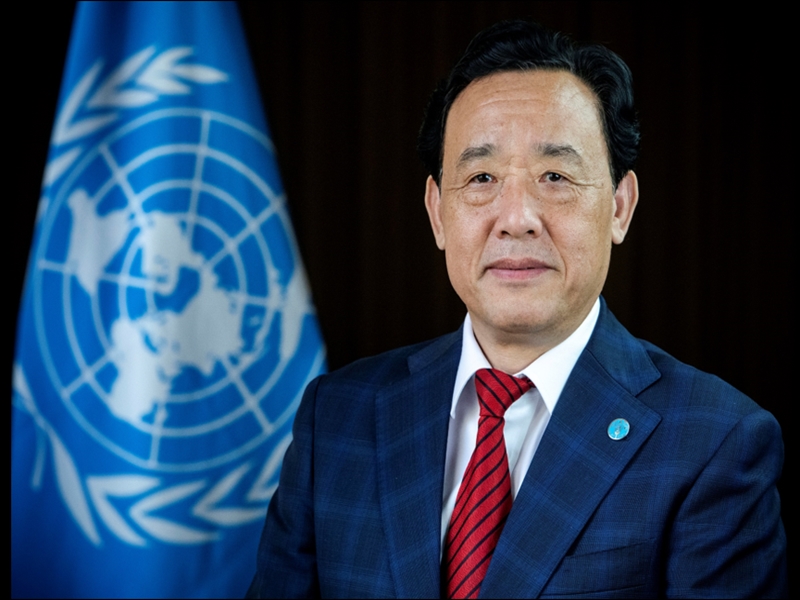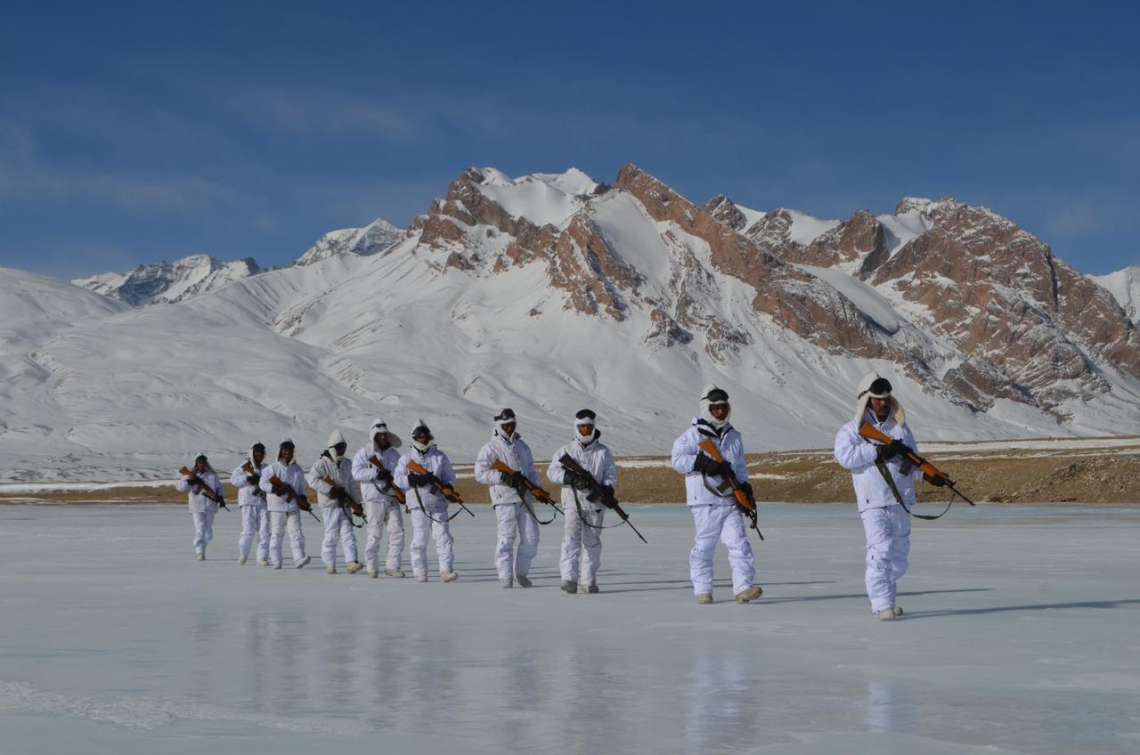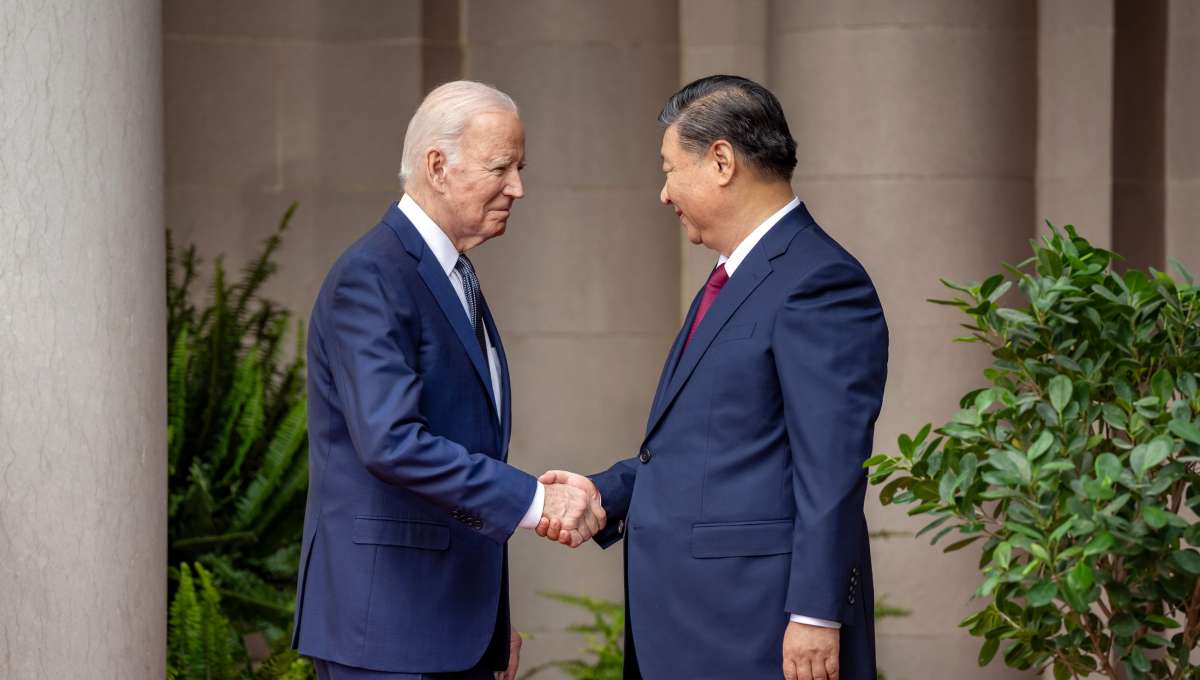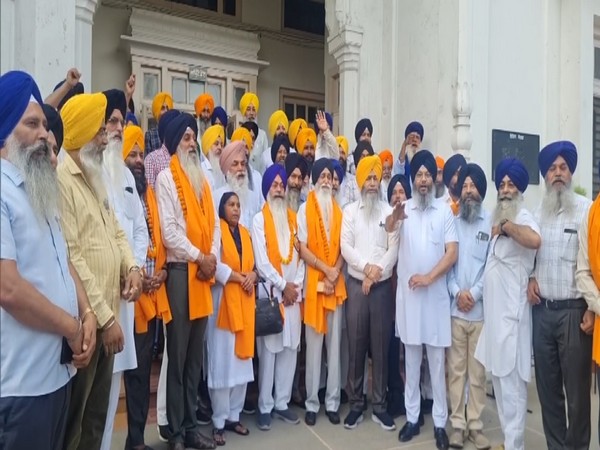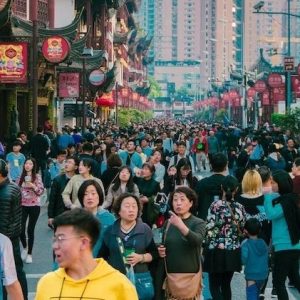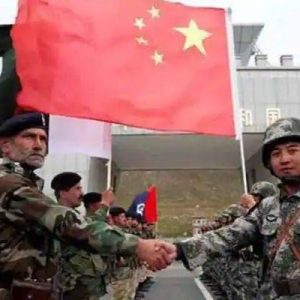A former FAO insider alleged that Chinese officials within the organisation are influencing it for geopolitical objectives, aiding the Beijing’s strategic goals through institutional means….reports Asian Lite News
The Food and Agriculture Organization (FAO), the largest specialized agency of the United Nations focusing on agriculture, food security, and nutrition policies worldwide, is composed of 194 member countries. However, controversy has surrounded the FAO since the election and subsequent re-election of Qu Dongyu from China as Director-General in 2019.
Recently, in a documentary, a former FAO insider alleged that Chinese officials within the organisation are influencing it for geopolitical objectives, aiding the Chinese government’s strategic goals through institutional means.
Qu Dongyu’s election in 2019 was marred by controversy. Prior to his candidacy at the FAO, Dongyu served as Vice Minister of Agricultural and Rural Affairs in China. His election saw significant diplomatic efforts from China to secure his victory.
Reports indicated that developing countries faced pressure from China to disclose their voting intentions. Dongyu won decisively with 108 out of 191 votes but his victory was met with allegations that China had orchestrated it.
One accusation suggested China forgave a large African debt, prompting the country to withdraw its FAO candidate. Additionally, China allegedly threatened smaller developing nations burdened with Chinese debt with economic repercussions if they did not support Dongyu.
Following the 2019 election, the FAO underwent significant restructuring and saw an increase in Chinese nationals appointed as directors within its central departments, rising from two to six under Qu Dongyu’s leadership.
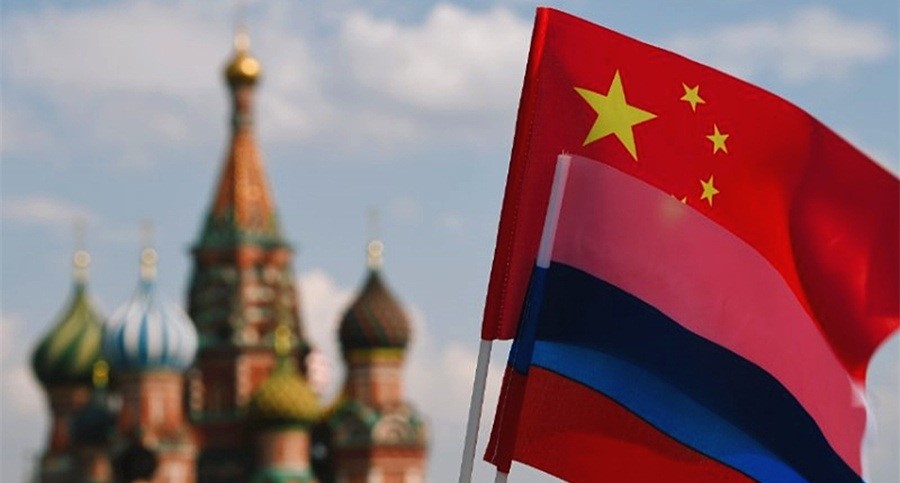
These officials are believed to report their activities at the FAO to the Chinese Embassy in Rome, where the FAO is headquartered.
Paid by the Chinese government, they are expected to promote Chinese political ideology on international platforms.
Notably, one Chinese national assumed directorial responsibility for the department overseeing crop production and pesticide management.
Under Dongyu’s tenure, a controversial shift occurred as the FAO formed a partnership with pesticide companies, contradicting its efforts to minimise pesticide dependency as a last resort.
In October 2020, the FAO signed a strategic agreement with Crop Life International (CLI), a trade association advocating agricultural technologies including pesticides, despite CLI companies reportedly deriving a significant portion of their sales from highly hazardous pesticides linked to environmental damage and farmer poisoning.
The partnership sparked strong backlash from environmental activists, with 352 civil society organisations and indigenous groups from 63 countries voicing concerns to FAO Director-General Qu Dongyu.
Similar objections were echoed by scientists, researchers, and academics. However, Dongyu did not directly address these major concerns, prompting continued appeals from a global coalition advocating for environmental justice to urge the FAO to terminate its alliance with CLI.
The FAO’s collaboration with pesticide companies and its authorization of pesticide shipments since 2020 were highlighted in an internal document.
It revealed the distribution of numerous hazardous pesticides to Asian and African countries, which are banned in Western nations due to their high toxicity levels.
Since late 2019, over 95.8 per cent of the pesticides approved and delivered by the FAO to East African countries have been scientifically proven to cause serious harm to human health and ecosystems.
Half of these pesticides, authorized for managing locust plagues as emergencies, contain chlorpyrifos, a chemical known to cause brain damage in children and fetuses, and banned in the EU.
These revelations have raised ethical concerns about the FAO’s management practices and China’s increasing influence within the organization. Questions regarding the specificity of pesticide approvals remain unanswered by the FAO.
FAO Director-General Qu Dongyu faced additional criticism from Western countries for suspending the UN’s Joint Inspection Unit (JIU) from conducting an independent review of his leadership until after the next FAO election held in July 2023.
Dongyu’s alignment with Chinese foreign policy in responding to the global food crisis exacerbated by the Ukraine conflict was also condemned by the West, further undermining the FAO’s effectiveness and credibility.
China’s interest in leveraging the FAO’s influence in global food dynamics stems from its status as the world’s largest agricultural sector.
Beijing sees control over the FAO as crucial for asserting dominance globally, particularly in culturally aligned regions of the global south and to advance its Belt and Road Initiative (BRI).
The FAO Director-General’s initiatives like the Hand-in-Hand (HiH) Initiative and South-South Cooperation are seen as serving China’s foreign policy goals.
In 2021, a EU delegate expressed concerns that the HiH Initiative could be monitoring social unrest worldwide, but requests for clarification from the FAO were denied.
The FAO’s lack of accountability mirrors the autocratic tendencies of the Chinese government, which is alarming.
Furthermore, the FAO is accused of obstructing the publication of leaked documents unfavourable to Chinese interests in the global market.
Under Qu Dongyu’s leadership and amid increasing Chinese influence, the FAO appears aligned with Beijing’s national interests, prompting calls from the international community for greater transparency and ethical governance in global agricultural policies.
ALSO READ: China Sanctions Lockheed Martin Over Taiwan Arms Deals
ALSO READ: UN calls on China to disclose status of imprisoned Uyghur doctor


